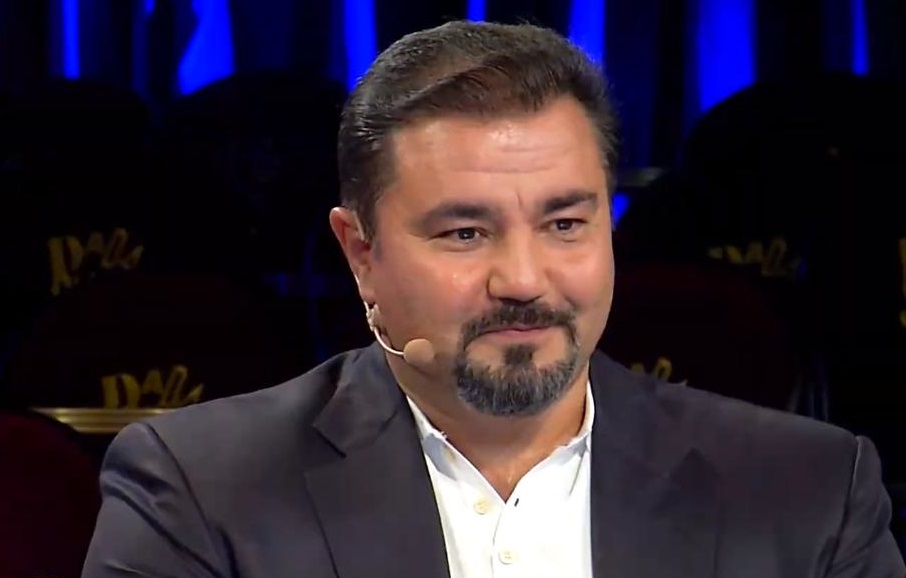Looking around me I see some people who believe in the end of this crises and the start of better days. As we sit on the anniversary of the demise of Lehman Brothers it’s most appropriate to ask what we have achieved over the last few months and year in regards to change.
Let me give you some information about my background: I used to be a fund manager and trader at Lehman Brothers in London till the summer of 2007 when I changed to become the general manager for Morgan Stanley Menkul Degerler A.S. in Istanbul. But that post became obsolete as a result of Morgan Stanley deciding due to the crises to close down the Turkish office as of January 2009.
Here I am, an ex-Lehman Brothers/ex-Morgan Stanley employee with over 15 years of trading experience in the international equity markets.
Today on the anniversary of the biggest bankruptcy in U.S. history I am reminiscent of many moments of my past career and I wonder what has really changed?
If you think about the cause of the credit crisis (excessive debt, excessive leverage and a banking sector that is too large and too powerful) and what has been solved in the last year it’s actually quite apparent that none of the structural problems that actually caused the crisis have been solved. Unfortunately the decision makers instead of using that historical event for change are promoting a boom-bust cycle that is built on no real economic strength.
These days all over the world including Turkey the bulls are dancing on the streets despite scary high unemployment rates, low consumption, declining export rates and declining production numbers. Nearly every world stock index soared to its highest level since the meltdown days last year.
The state of the financial markets is once again blindly approaching the precipice of a cliff that they can’t even see right before their eyes, arguing all the time as they begin to step over the edge. By definition, most people don’t spot a bubble before they form and burst. The most respectable exit point is fast approaching, if not at hand. Instead of angling for the ramp, however, investors are accelerating into the fast lane – just in time for the big pileup.
Looking at the levels that have been reached at the Istanbul Stock Exchange index, it is becoming obvious that the risk/reward expectation is getting unfavorable for investors. Therefore the window for selling and taking profits looks like it has opened.
Coming back to the anniversary of Lehman Brothers’ collapse plenty of thoughts and memories are shooting through my mind. During my time at Lehman Brothers I saw how close joy and misery are. They are as close as greed and fear. I encountered the ups and downs of markets and careers. I have seen people shed tears of joy and of fear. The saddest conclusion of all is that often perception is valued more than reality and it is perception that moves markets.
Thus the danger of being trapped by the current perception in the market is tempting. But this kind of temptation can be ruining since it has no foundation and is built only on hope.
As I write, Nobel Prize-winning economist Joseph Stiglitz is saying the U.S. has failed to fix the underlying problems in its banking system after the credit crunch and the collapse of Lehman Brothers. I couldn’t agree more with his words.
Kaan Sarıaydın
